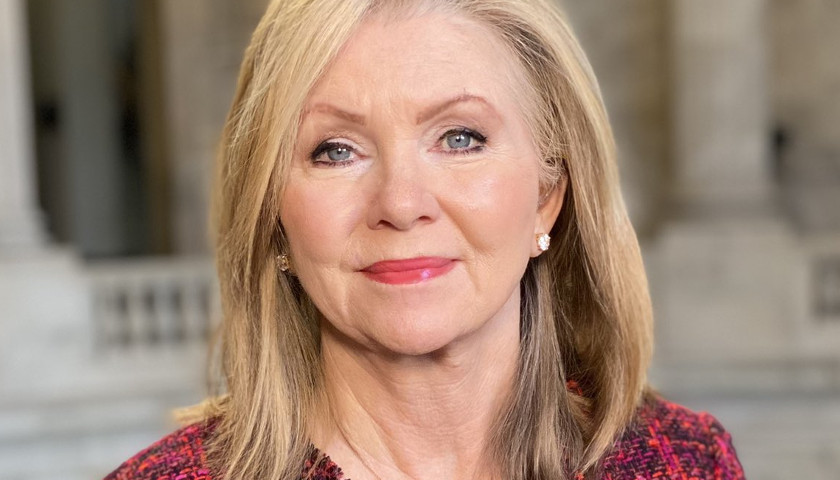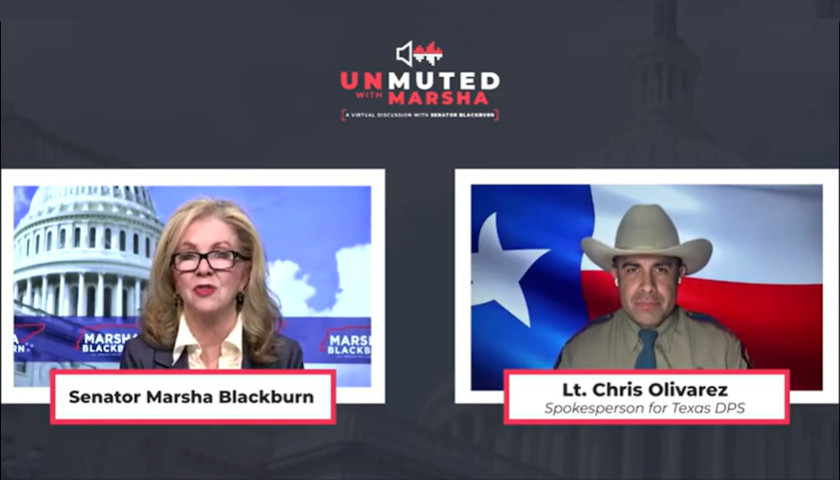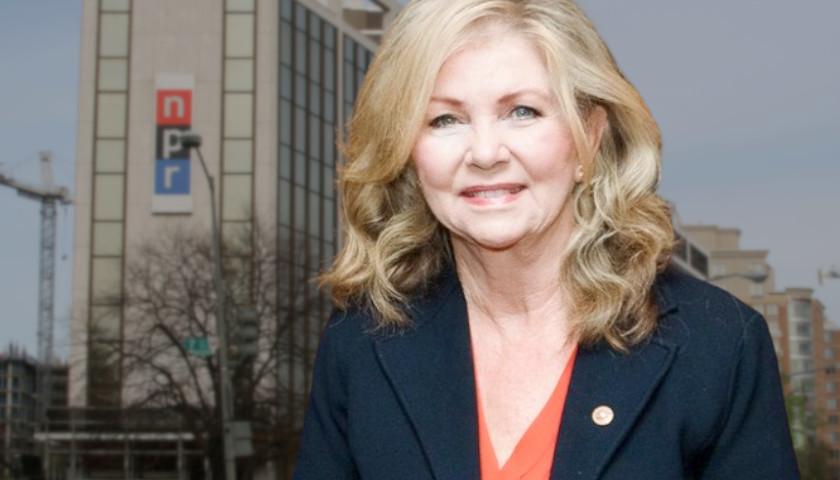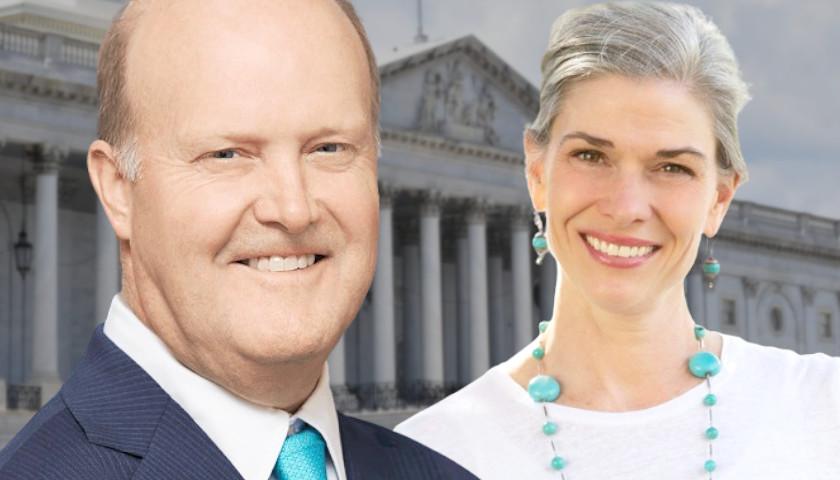The Washington, D.C.-based Taxpayers Protection Alliance has accused big insurance companies of trying to push a bill through Congress that aims to ban Surprise Medical Bills.
The TPA, in a new ad, said those companies are “really just lining their own pockets.”
TPA members, in their ad, also said that Congressional efforts to address Surprise Medical Billing are really just “a handout to the big insurance companies that would leave our frontline doctors out in the cold.”
As The Tennessee Star reported last year, Surprise Medical Billing happens when a patient receives out-of-network care without his or her knowledge – either in an emergency or during a visit to an in-network facility. Weeks later, insurance companies send bills demanding patients pay money for services they assumed insurance would cover.
The TPA said this bill would ban Surprise Medical Bills through something called “benchmarking,” which sets prices based on the average for a provided service.
U.S. Sen. Marsha Blackburn (R-TN), in a letter to members of Congress, urged them to reject proposals to impose price controls as a method to address Surprise Medical Billing.
“There is broad agreement that patients should be held harmless from surprise medical bills. However, a recent legislative proposal goes beyond holding these consumers harmless, and introduces a government-centric rate setting approach based on median in-network charges. Make no mistake – rate setting in health care, particularly when the rates are ratcheted downward for future fiscal reasons, will result in fewer providers and therefore less access to health care by American patients,” Blackburn wrote.
“There is an active debate about bipartisan alternatives to government rate setting as a way to eliminate surprise bills while protecting patients. Short circuiting the Senate’s work on this topic by including rate setting in a must pass end-of-year legislative vehicle will leave patients with fewer choices, and will embolden those who believe the federal government should manage complex health care matters.”
Blackburn went on to say that members of Congress should not include any Surprise Medical Billing legislation that includes rate setting in any spending or legislative package before the end of the 116th Congress.
In their own letter to Congress, members of the TPA said that “these proposals are not ‘market-based’ as some have claimed. They are straightforward price controls that will inflict great damage on the healthcare system during a global pandemic.”
– – –
Chris Butler is an investigative journalist at The Tennessee Star. Follow Chris on Facebook. Email tips to [email protected].
Photo “Senator Marsha Blackburn” by Marsha Blackburn.









It’s time to set some price controls and to watch for those who oppose them!
Marsha seems to be talking about everything but the most important issue to our republic at the moment which is election integrity and what happened in our last election. She does have a “we stand by Donald Trump” tweet from November 6th pinned to her Twitter account but that is hardly enough. I was able to watch or DVR most of the election hearings that occurred in PA, AZ, MI, and GA and was shocked at what was reported including the similar themes that occurred in each state. Where is the GOP? Why are we not hearing more from our representatives? It has been suggested that the GOP is fine with Biden taking office if they can get rid of Trump. The large turnout at his rallies before the election scared the heck out of the establishment, and they knew Biden who couldn’t fill a parking lot was not going to win. These people are used to picking the candidates that we vote for, and this cannot be allowed to continue. It is important to analyze not only what our representatives are talking about but what they are not talking about – and why.